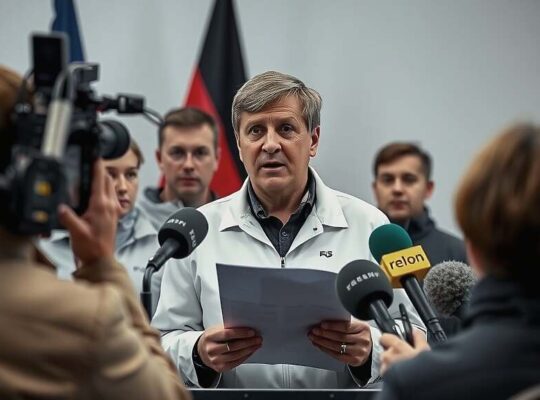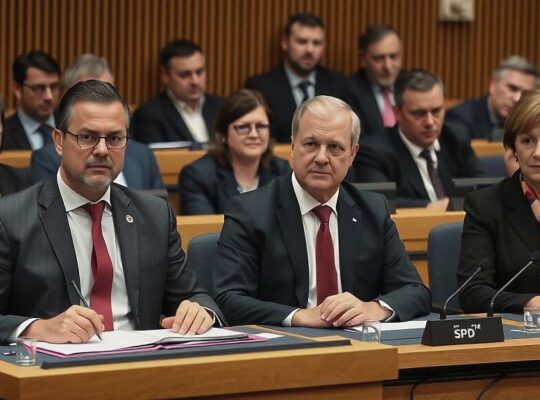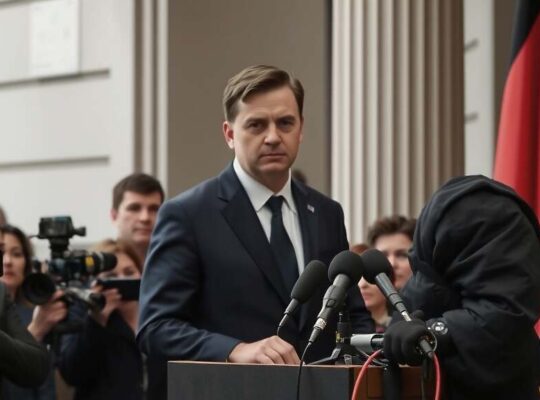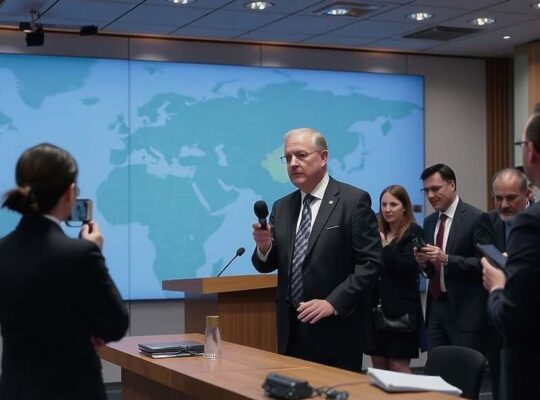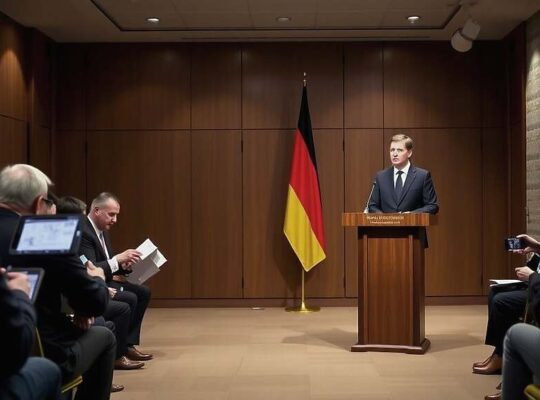A German military general responsible for planning large-scale troop movements to NATO’s eastern flank has highlighted significant bureaucratic and logistical challenges, even short of open conflict. General André Bodemann, the Bundeswehr officer overseeing the “Germany Hub” project, described the current geopolitical climate as existing “somewhere between peace and war” in remarks to the “Süddeutsche Zeitung”. His role centers on coordinating the potential deployment of hundreds of thousands of soldiers through Germany.
Bodemann specifically pointed to inconsistencies in regulations as a major impediment. He cited differing national and international standards for vehicle flagging in convoys – requirements varying between Germany, the Netherlands and Poland – as a source of frustration. Varying customs procedures between the European Union and NATO were also identified as causing delays if documentation isn’t precisely correct. Efforts are underway, he explained, to standardize and digitize these processes to move away from paper-based administration.
Beyond bureaucracy, the general also underscored the need for infrastructure investment, particularly regarding bridges. He noted that modern military vehicles are significantly heavier than those considered during the Cold War – calculations now factoring in 80 to 100 tons compared to the previous 40 to 50 – and many existing bridges are not adequately equipped to handle such weight.
Bodemann defended recently established logistical contracts with Deutsche Bahn and the arms manufacturer Rheinmetall, which could receive up to 260 million euros for establishing supply stations to support troop movements through Germany. He explained that building resilience involves securing capabilities, even in the hope they won’t be needed and that this naturally incurs costs. A large-scale exercise is planned to thoroughly test the simultaneous activation of multiple services outlined in the Rheinmetall contract, with the Federal Audit Office also keenly monitoring the justification for the investment.



